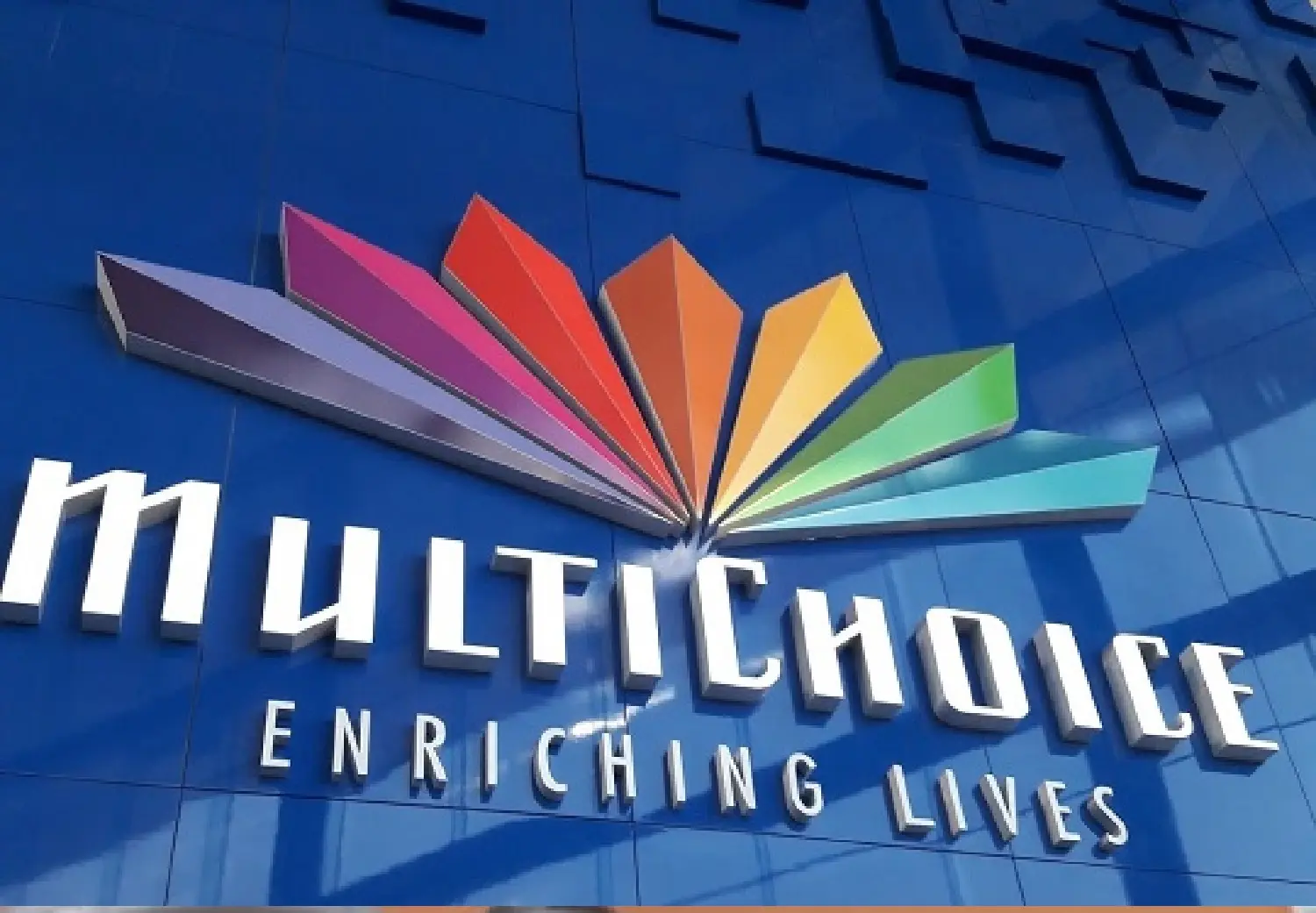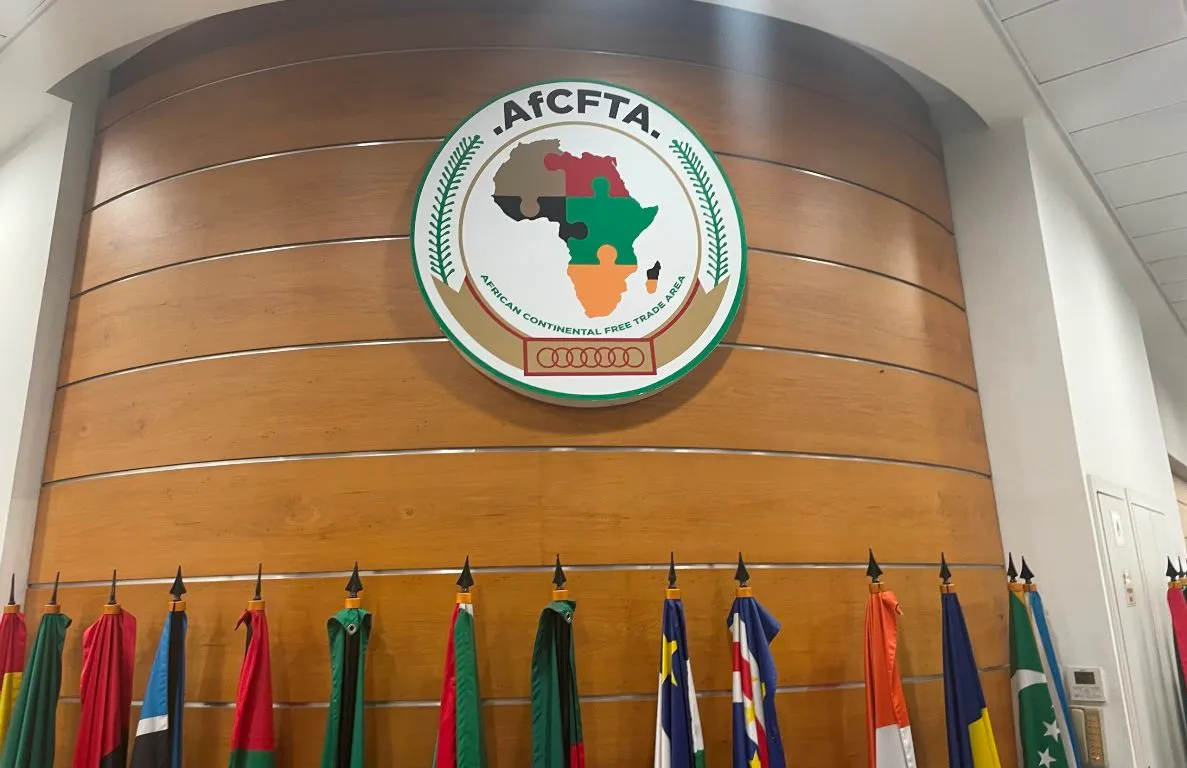South Korea’s central bank has signaled a cautious but deliberate move toward the introduction of stablecoins tied to the Korean won, starting with the country’s tightly regulated commercial banking sector.
At a press conference this week, Ryoo Sang-dai, Senior Deputy Governor of the Bank of Korea, emphasized that it would be “desirable to first allow banks, which are under a high level of regulations, to issue [won-based stablecoins], and gradually expand to the non-bank sector with the experience.” Stablecoins, a form of cryptocurrency pegged to traditional fiat currencies like the U.S. dollar, are increasingly being used in global digital transactions and are gaining attention from both regulators and innovators.
Ryoo underscored the potential implications for monetary policy and financial stability, citing the need for strong safeguards to manage capital flows and prevent market disruption. His remarks echo earlier concerns expressed by BOK Governor Rhee Chang-yong about the risks digital assets could pose without proper oversight.
The initiative aligns with the policy direction of President Lee Jae Myung, whose administration has expressed support for embracing financial innovation. President Lee’s Democratic Party is currently pushing legislation to establish a regulatory framework for stablecoins, aiming to position South Korea as a leader in the evolving digital finance landscape.
In addition to stablecoins, Ryoo noted that the central bank remains focused on broader economic challenges, including rising housing prices and mounting household debt. These issues are becoming more central to BOK’s decision-making as the bank continues its current cycle of monetary easing. A recent rate cut has positioned the policy rate in the middle of the neutral range, Ryoo confirmed.
Looking ahead, the BOK plans to engage major commercial banks in a second pilot test of its central bank digital currency. This follows the conclusion of its first pilot project, which began in late 2023 in collaboration with the Bank for International Settlements.
Amid ongoing digitalisation, Ryoo also indicated that financial authorities will accelerate efforts to reform South Korea’s foreign exchange market. This includes expanding trading hours and improving access for international investors, part of a broader strategy to enhance the country’s global financial integration.










